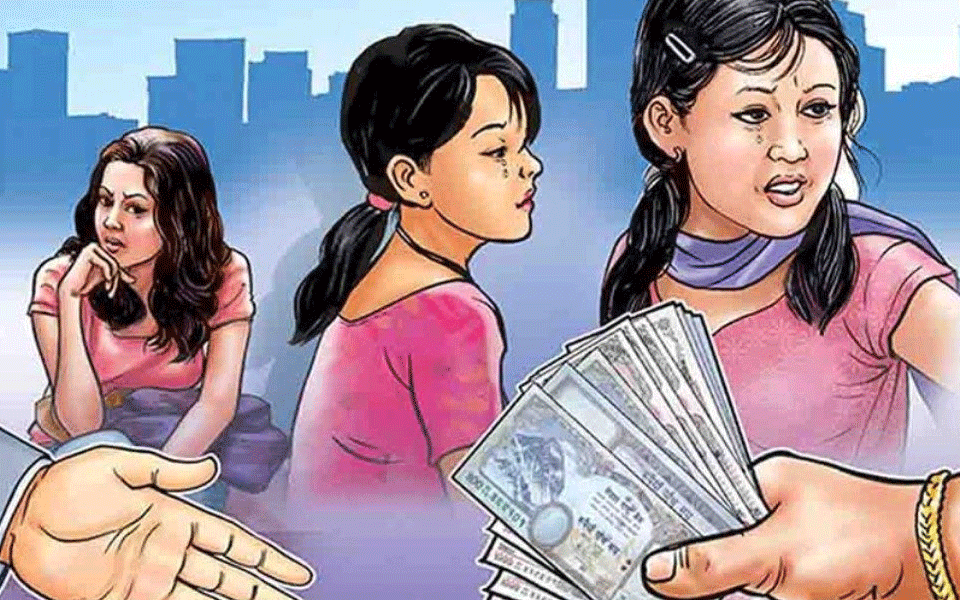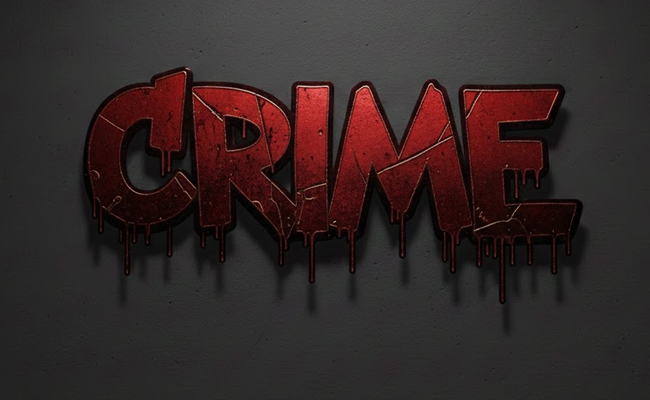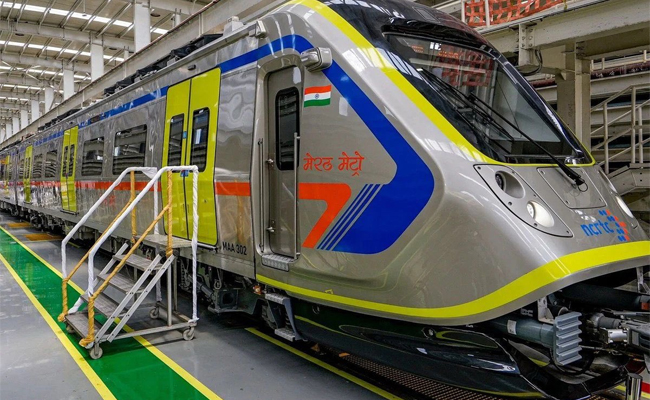NEW DELHI: A study conducted by Sashastra Seema Bal (SSB) on "Human Trafficking on Indo-Nepal border" claims the number of victims trafficked into the country from Nepal has gone up by 500% since 2013.
The girls trafficked from villages and Terai region of Nepal sold to brothel owners in Delhi, Mumbai, Kolkata and other cities for up to Rs 50,000.
In 2013, 108 girls/children were rescued at Indo-Nepal border, while 607 such victims were rescued in 2017.
SSB, which calls Nepal the “source” country for most of the trafficking of children and women to India, sys they are then forced into prostitution or pushed into domestic help or other forms of exploitative labour, and in a few cases their organs are illegally harvested.
According to a Times of India report, the traffickers, men (often called 'dalals') and women ('didis,' who are sex workers themselves), bring the girls aged 9 to 16 - to border towns before they are brought to India by bus. Near the border, professional agents who lure the girls for selling in the brothels are paid up to Rs 6,000 for every child. Apart from the 'didis,' SSB says, sometimes family members also act as traffickers. The girls are coached to conceal their true age in case they are stopped and questioned by the police.
Let the Truth be known. If you read VB and like VB, please be a VB Supporter and Help us deliver the Truth to one and all.
Indore (PTI): The classmate of a 24-year-old female MBA student, arrested in Indore for her murder, allegedly abused the body after the killing and also performed occult rituals while on the run, police said.
On February 13, people complained of a foul smell emanating from a closed house in the city's Dwarkapuri police station area.
After police arrived at the scene, the naked body of a 24-year-old woman was found in the house.
The woman was pursuing a Master of Business Administration (MBA) degree from a city college and the body was found in her classmate's rented house, Deputy Commissioner of Police (DCP) Shrikrishna Lalchandani told PTI on Monday.
The classmate fled after the incident. He was taken into custody in Mumbai and is being interrogated after his arrest, the official said.
Referring to the accused's interrogation, the official said he allegedly strangled his classmate to death and then "abused" the body.
ALSO READ: Student killed, three injured in clash at college in Maharashtra's Latur; 4 held
"The accused also performed witchcraft near Panvel (in Navi Mumbai) while on the run. The accused claims that he was mentally disturbed after the murder and wanted to communicate with the woman's spirit through witchcraft," he said.
According to the DCP, the woman and the accused were in a close relationship.
"The accused suspected that she was talking to other men. Enraged, he killed her and fled," the official said.
After the woman's body was found, her father accused the classmate of trying to extort money from his daughter using her obscene photos and then torturing her to death.
The accused had even posted these photos on her college WhatsApp group, he alleged.





